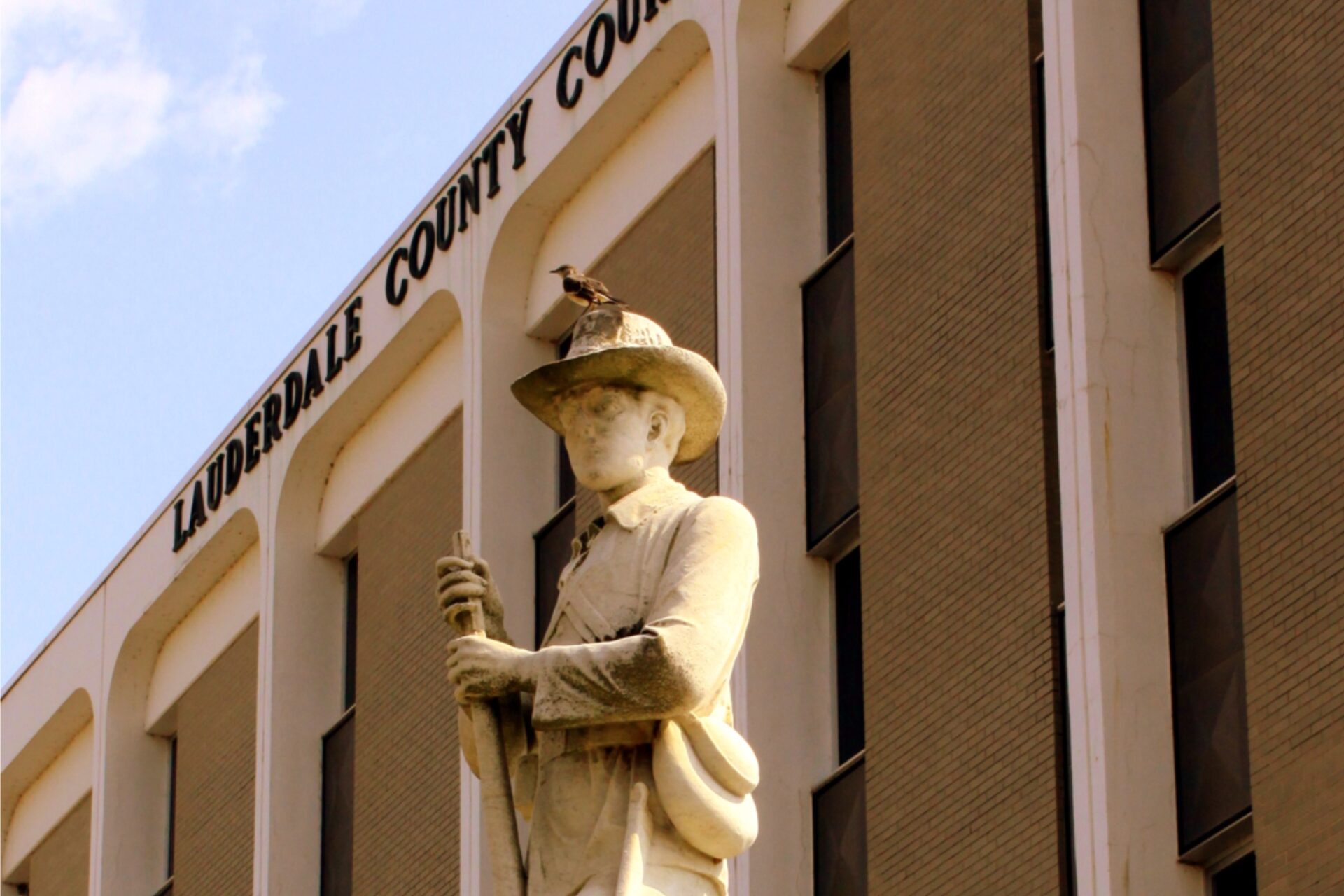
February 23, 2024
Controversial Alabama Monument Law Amendment Stalls Following Protests
The Alabama Memorial Preservation Act, first filed in 2015, has long been criticized as a bill created to protect monuments that honor the Confederacy.
SB51, a bill that proposed an increase to the $25,000 fine enumerated by the Alabama Memorial Preservation Act, stalled on Feb. 20 after several members of the community spoke out against it.
Sen. Gerald Allen (R-Cottondale) proposed the amendment to the law, which bans the relocation or removal of monuments that have stood for at least 40 years. According to the act, “no architecturally significant building, memorial building, memorial street, or monument located on public property and has been so situated for 40 or more years may be relocated, removed, altered, renamed, or otherwise disturbed.”
The Alabama Memorial Preservation Act, first filed in 2015, has long been criticized as a bill created to protect monuments that honor the Confederacy. In 2019, Jefferson County Judge Michael Graffeo agreed with those arguments as he ruled that, in part, due to the history of the City of Birmingham, the law violated the constitutional rights of the city’s citizens.
“A city has a right to speak for itself, to say what it wishes, and to select the views that it wants to express,” Graffeo said. He also stated that Birmingham “has had for many years an overwhelmingly African American population.” He said that it is “undisputed that an overwhelming majority of the body politic of the city is repulsed by the monument.”
Despite this ruling, in 2020, after a Confederate monument was defaced by protesters in the wake of the murder of George Floyd, Alabama Attorney General Steve Marshall cited the act and alluded to the $25,000 fine the law allows to be levied for moving or removing the monument. In a press release, Marshall wrote, “Should the City of Birmingham proceed with the removal of the monument in question, based upon multiple conversations I have had today, city leaders understand I will perform the duties assigned to me by the act to pursue a new civil complaint against the City. In the aftermath of last night’s violent outbreak, I have offered the City of Birmingham the support and resources of my office to restore peace to the City.”
The city did remove the monument in accordance with a promise made. In an interview with the Today show, Birmingham Mayor Randall Woodfin noted that it was important to him to push back against “revisionist history,” saying that taking the monument down allows the city to move forward.
Following the Feb. 20 hearing, it was revealed that Allen’s bill did not receive the votes necessary to advance it out of the committee as presently written. Sen. Chris Elliott, a Republican representing Baldwin County and the chair of the Senate County and Municipal Government Committee, postponed another vote on the bill.
Currently, the law allows for a local government waiver to be filed, which if not responded to within a 90-day time frame, will be granted. But Allen’s bill wants to make it so not only does the fine increase to $5,000 a day, but if the request is not responded to within 90 days, the request is denied, which has sparked concern from local residents.
David Gespass, an attorney, said, “At the very least, the committee should be required to explain why it’s denying an application that a government entity feels is necessary.”
Camille Bennett, the founder and executive director of Project Say Something, which removed a Confederate monument from the Lauderdale County Courthouse in Florence, was the first person to raise concerns about the bill during public comments. Bennett said that although Allen told her that the bill also protects other monuments, like those honoring Dr. Martin Luther King Jr., she did not believe his argument. Bennett also said that her position on the monument has caused her to receive death threats. “That’s a false equivalency. Martin Luther King won a Nobel Peace Prize. There’s no reason to remove his name from anything.”
In addition to Bennett, members of the Senate County and Municipal Government Committee, like Sen. Linda Coleman-Madison, (D-Birmingham) also spoke up against the bill. Coleman-Madison argued that if the bill is going to exist, then history needs to be told in its full and complete context.
“I believe history should be told and you should tell the truth about it. The good, the bad, and the ugly.” Coleman-Madison continued, “That was a war against the United States, and this is something that we still want to uphold?”